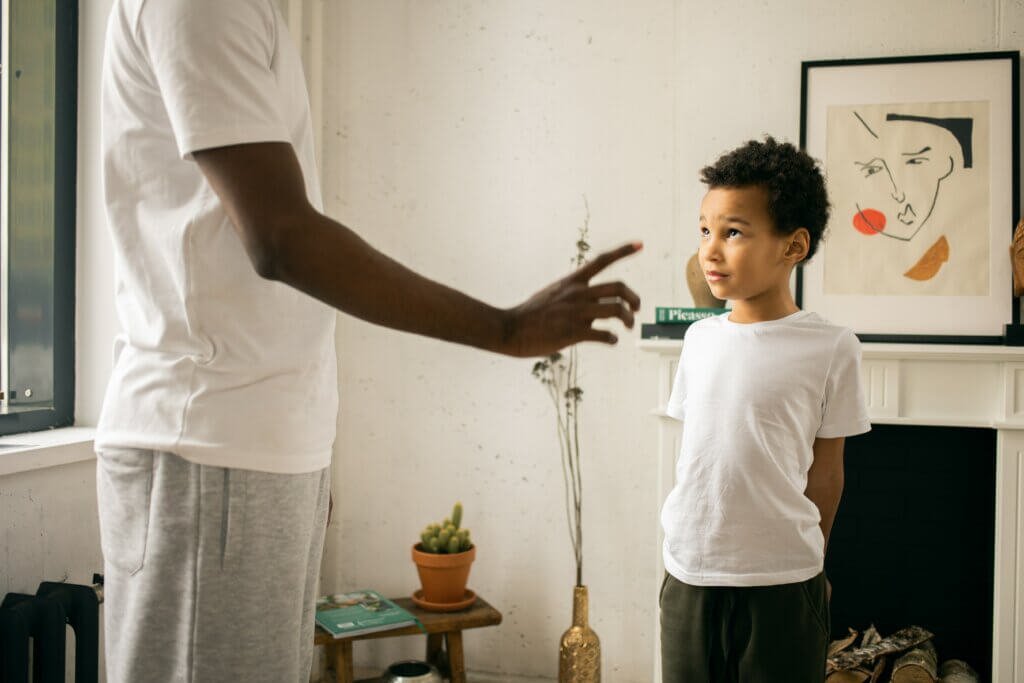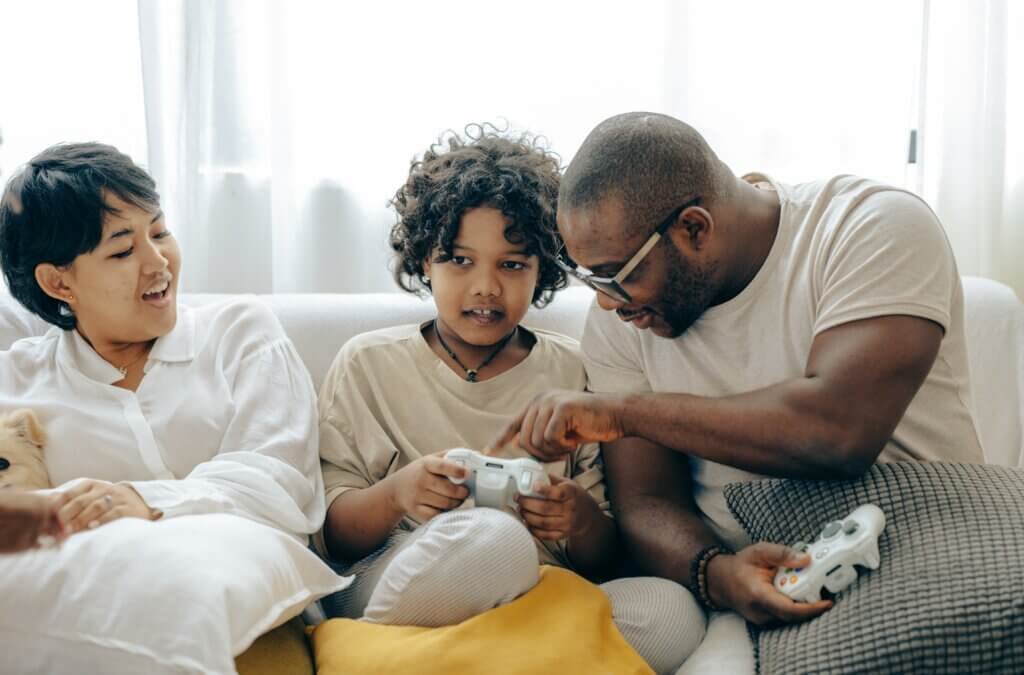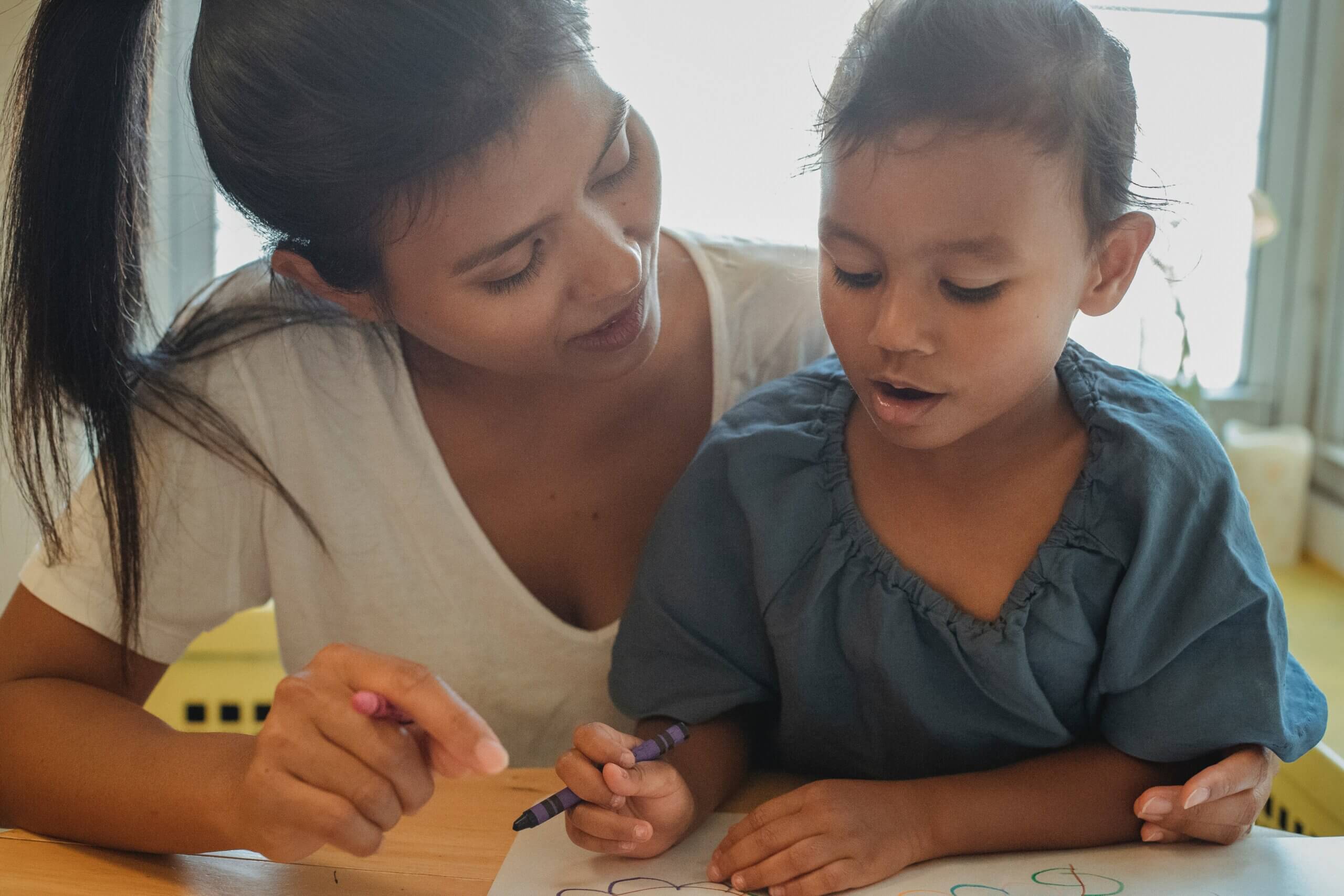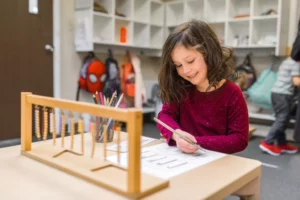Every parent eventually faces a time when they are unsure of the best way to discipline their child. Maintaining patience when dealing with an angry teenager or a crying toddler can be challenging. No parent wants to be in that position, and the truth is that yelling and physical violence never solve anything. There are a few tips that you can follow to discipline your child. Continue reading the blog to know more about it:
Ways to discipline your child:
#1 Praise your kids:
Parents frequently draw attention to and discipline our kids’ inappropriate behavior. Kids could interpret this as a ploy to obtain your attention, which would perpetuate bad behavior rather than end it.
Praise makes kids happy. They feel cherished and unique as a result. Keeping an eye out for when they’re doing something right and rewarding them, even if it’s only playing with their sibling for five minutes. This could promote good behavior in kids and lessen the need for punishment.
#2 Set clear expectations:
It is much more beneficial to tell your child exactly what you want them to do rather than what not to do. Children don’t always grasp what they’re expected to do when you ask them to behave well or not make a mess. It is more likely that they will comply with your request if you give them explicit directions, such as “Please pick up all of your toys and place them in the box.”
But it’s crucial to have reasonable expectations. Asking them to remain quiet for an entire day might be more difficult than just asking them to be quiet for ten minutes while you make a phone call. You are aware of your child’s potential. Asking them to do something impossible makes them fail.
#3 Distract creatively:
It can be helpful to divert your child’s attention with a more constructive activity when they are acting difficultly. “You can successfully divert their energy towards positive behavior when you distract them towards something else, such as by changing the topic, introducing a game, taking them into another room, or going for a stroll.”
Timing is equally important. Distraction also involves recognizing when something is likely to go wrong and acting on it. Recognize potential problems before they arise, such as when two siblings are eyeing the same toy, or your child is starting to act fidgety, irritated, or annoyed.
#4 Tell them the consequences:
Learning that if you do something, something else might happen as a result is a necessary part of growing up. This can be defined for your child in a straightforward manner, which promotes better behavior and teaches them about responsibility.

By explaining the consequences of their bad behavior, you can provide your child the opportunity to behave properly. For example, if you want your child to stop drawing on the walls, you can tell them to end their playtime if they don’t. This gives them a warning and a chance to alter their behavior.
Give yourself credit for that; it’s not easy! If they don’t stop, follow through with the consequences calmly and without showing anger.
#5 Plan one-on-one time:
Any healthy relationship needs one-on-one time to develop, but relationships with your kids require it even more. It might take 20 minutes per day or even five minutes.

You can mix it with activities like singing or conversing while hanging out the laundry or washing dishes. Paying attention to your child is what is most crucial. You get down on their level, switch off your phone and TV, and then it’s just you and them.
Takeaway:
Teaching your child to behave is one of your responsibilities as a parent. It’s a task that requires both patience and time. Following the useful tips will help parents teach kids discipline. Punishment is not the same as discipline. In reality, discipline and disciplinary methods are advantageous. They’re based on talking and listening and help kids learn what behavior is acceptable at home, at friends’ houses, in daycare, in preschool, and at school.










